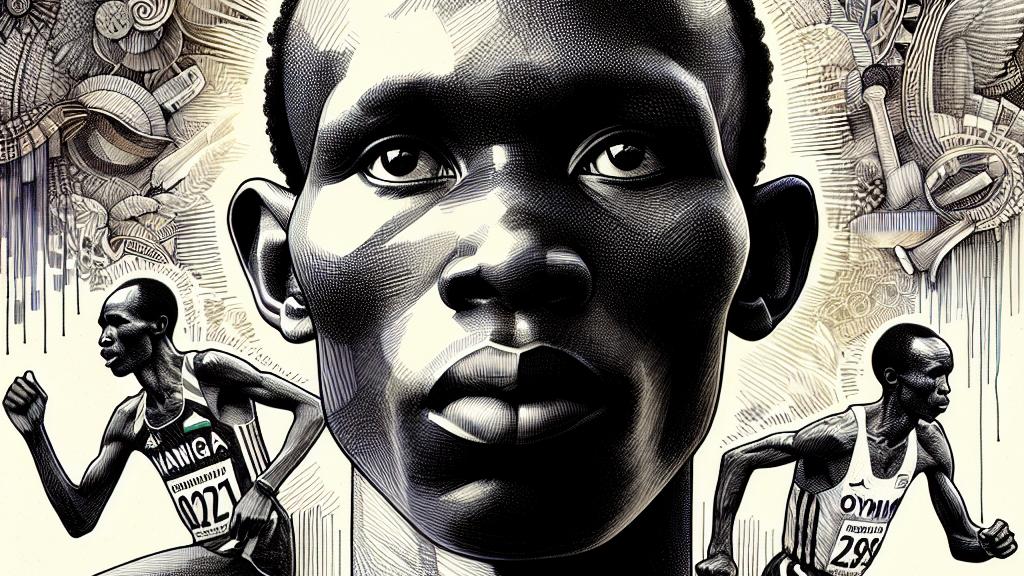Sentencing of Killers in the Murder of Ugandan Olympian
Overview
- Benjamin Kiplagat, a talented Ugandan Olympian, was murdered in a shocking act that has left many in disbelief.
- Two men were sentenced to 35 years each for this horrific crime, which raises pressing concerns about athlete safety.
- This tragic incident not only impacts Kiplagat's family but also calls for immediate action against rising violence within the athletic community.

A Shocking Crime Unfolds
On a night typically reserved for celebration, horror unfolded in Eldoret, Kenya, claiming the life of Benjamin Kiplagat, an esteemed Olympian known for his grit and determination. On New Year’s Eve, Kiplagat was brutally attacked and found in his car, fatally wounded, sparking an outpouring of grief from fans and fellow athletes alike. Disturbing footage later revealed a chilling premeditated attack, marking yet another instance of escalating violence against athletes. Kiplagat, who represented Uganda in three Olympic Games, was not just an athlete; he was a beacon of hope, inspiring many with his achievements. Each stab wound told a story of lost potential, forever altering the lives of those he touched.
Justice Served? Emotions in the Courtroom
In the wake of this devastating crime, the judicial process began its own difficult journey. The two men convicted of this heinous act received sentences of 35 years each. However, this did not fully satisfy Kiplagat's grieving family. His mother, in a heart-wrenching testimony, fervently appealed for life sentences, arguing that no punishment could truly equate to the loss of her son. Her words painted a poignant picture of Kiplagat’s inspiring life, filled with hard work and sacrifice. While the sentence may seem just on the surface, it highlights the ongoing struggle for true justice in cases of violence. Many in the community are left questioning whether these sentences are enough to deter future acts of brutality against those who inspire us.
A Wider Call for Change in Athlete Safety
Kiplagat's murder is not an isolated tragedy; it underscores a frightening trend of violence against athletes, particularly women in the sport. Following the brutal deaths of other female athletes like Rebecca Cheptegei, the issue has gained urgency. These incidents reflect a disturbing pattern that warrants immediate action. Communities must unite to create a safer environment for athletes, fostering educational campaigns focused on the prevention of gender-based violence. Additionally, sporting organizations need to implement stronger protective measures, ensuring that departing from traditional gender norms does not lead to increased vulnerability. It's time for society to recognize that safety is paramount for enabling all athletes to chase their dreams without fear or danger overshadowing their aspirations. Only through collective action can we hope to create a culture of safety and respect within sports.

Loading...